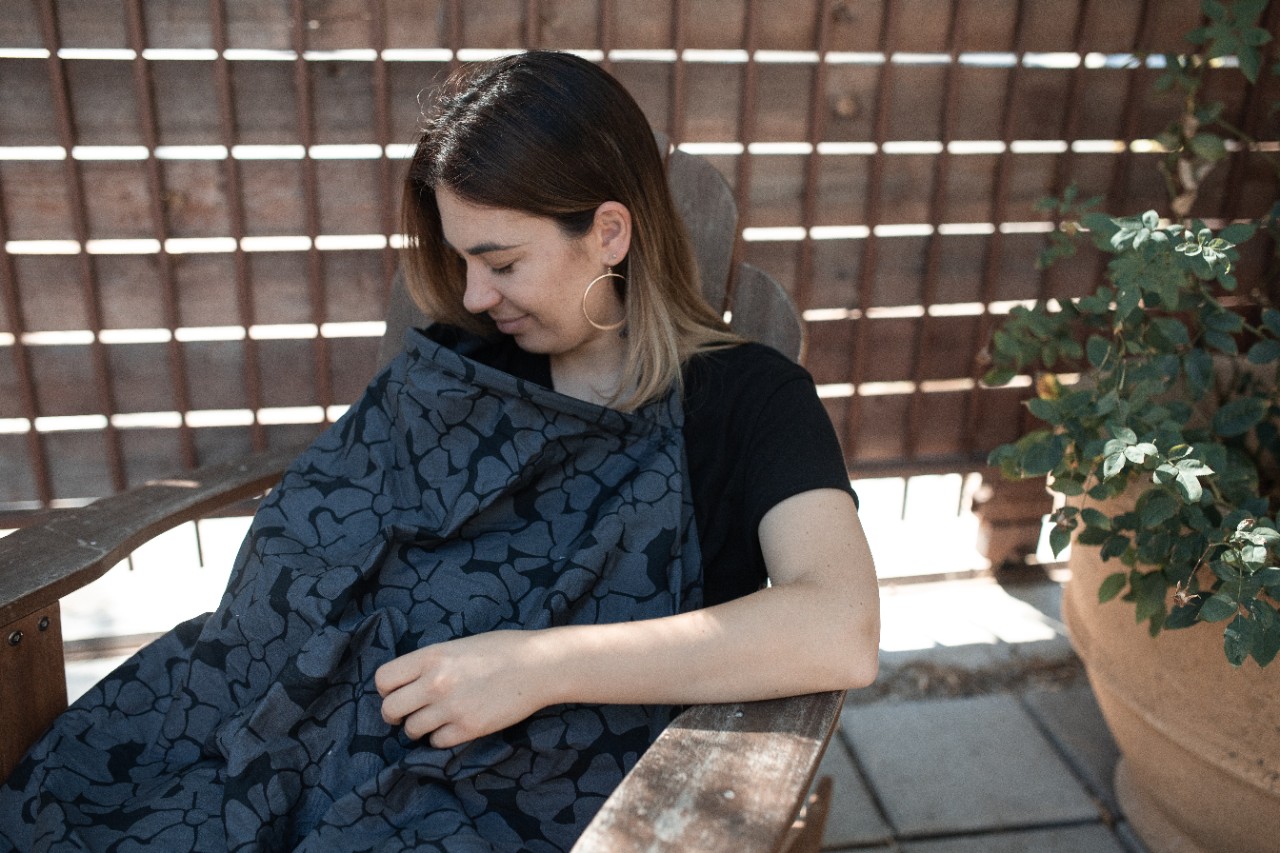
The Guardian: World Breastfeeding Week: Practice associated with 33% reduction in infant mortality
UC research shows lower mortality rate for breastfed babies
A new study in the American Journal of Preventive Medicine shows that among nearly 10 million American infants born between 2016 and 2018, breastfed babies were 33% per cent less likely to die during the post-perinatal period than infants who were not breastfed.

Julie Ware, MD, of the Department of Pediatrics at the UC College of Medicine and Cincinnati Children's Hospital?Photo/Cincinnati Children's
The findings expand on previous research with smaller datasets, which documented the association between the initiation of breastfeeding and the reduction of post-perinatal infant mortality by a range of 19% to 26%.
In a story published by The Guardian, Julie Ware, MD, of the Department of Pediatrics at the UC College of Medicine and Cincinnati Children's, aco-investigator of the study provided commentary.
“Based on these data, there is clear evidence that breastfeeding confers a protective benefit during the first year of life and is strongly associated with reduced post-perinatal infant mortality across the USA,” Ware said.
Ware added that the findings suggest there is an opportunity for breastfeeding promotion, protection and support to be included as a key component in comprehensive infant mortality reduction initiatives in regions and states across the United States.

Ardythe Morrow, MD, co-investigator on the study who is with the Department of Environmental and Public Health Sciences at the UC College of Medicine also spoke with The Guardian.
“Though breastfeeding is widely recommended, nevertheless, some may still consider it to be of minor importance," she said. "We hope that our findings will change the narrative. Human milk is replete with protective molecules, and breastfeeding offers significant protection.”
Supporting breastfeeding in the workplace is good for mothers, babies, and businesses the Guardian reported. That is why UNICEF and WHO are calling on governments, donors, civil society and the private sector to step up efforts to ensure a supportive breastfeeding environment for all working mothers – including those in the informal sector or on temporary contracts – by having access to regular breastfeeding breaks and facilities that enable mothers to continue breastfeeding their children once they return to work; sufficient paid leave to all working parents and caregivers to meet the needs of their young children.
Next Lives Here
The University of Cincinnati is classified as a Research 1 institution by the Carnegie Commission and is ranked in the National Science Foundation's Top-35 public research universities. UC's graduate students and faculty investigate problems and innovate solutions with real-world impact. Next Lives Here.
Related Stories
Love it or raze it?
February 20, 2026
An architectural magazine covered the demolition of UC's Crosley Tower.
Social media linked to student loneliness
February 20, 2026
Inside Higher Education highlighted a new study by the University of Cincinnati that found that college students across the country who spent more time on social media reported feeling more loneliness.
Before the medals: The science behind training for freezing mountain air
February 19, 2026
From freezing temperatures to thin mountain air, University of Cincinnati exercise physiologist Christopher Kotarsky, PhD, explained how cold and altitude impact Olympic performance in a recent WLWT-TV/Ch. 5 news report.
